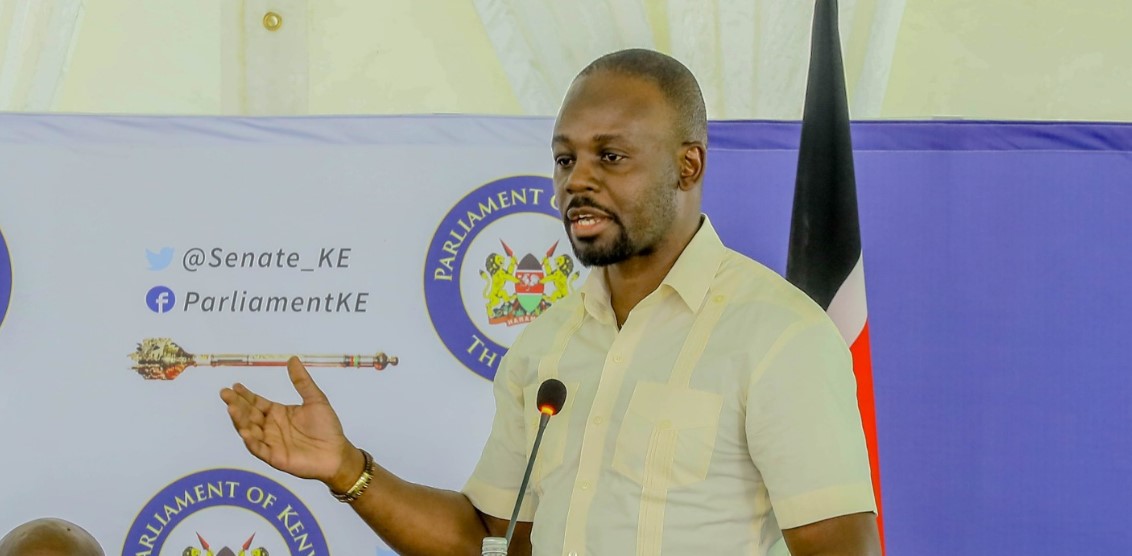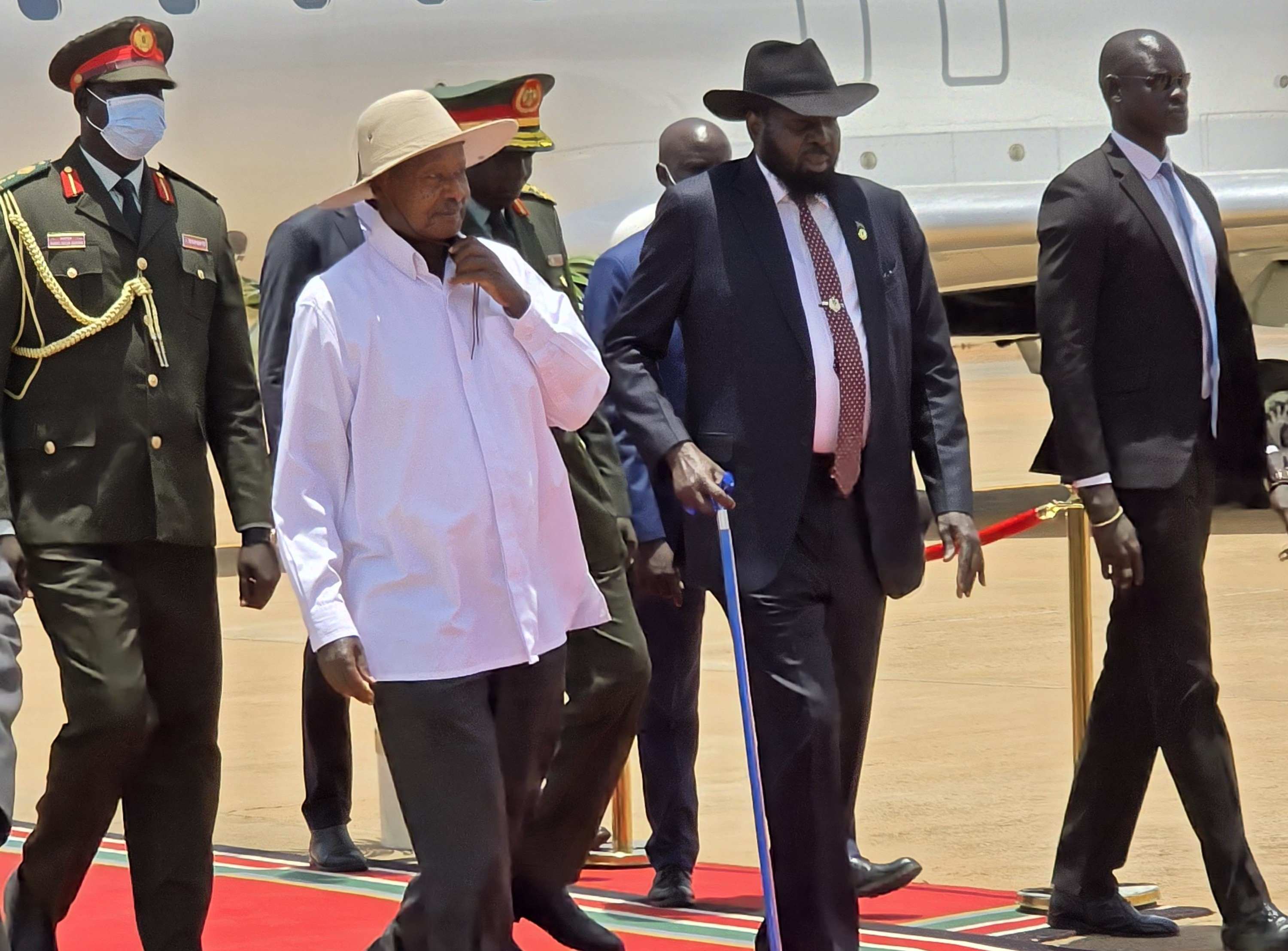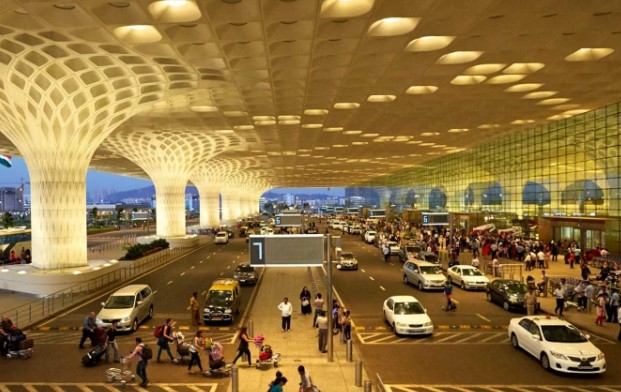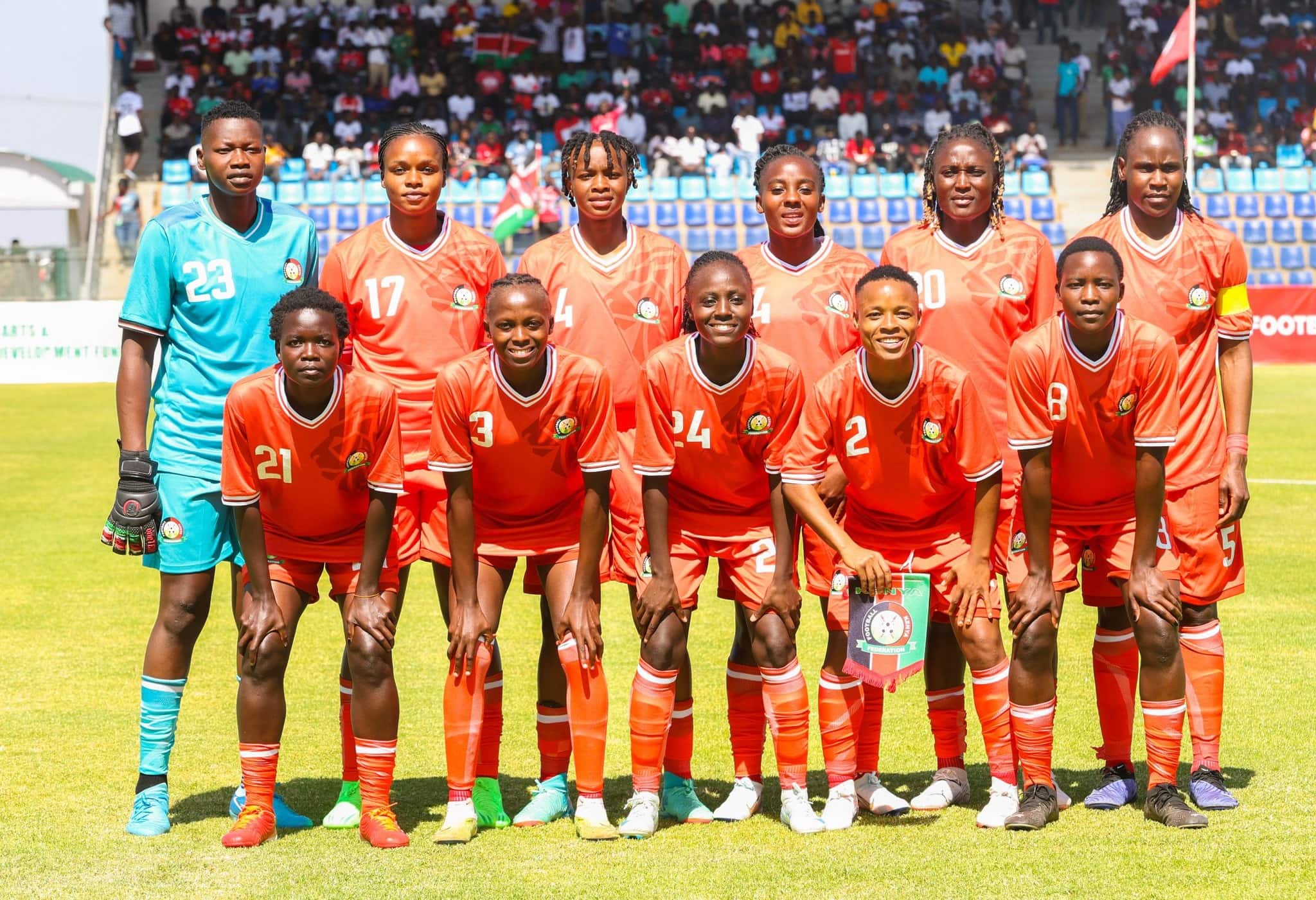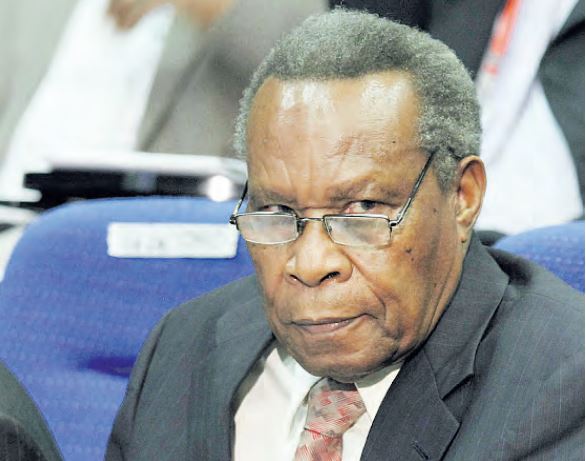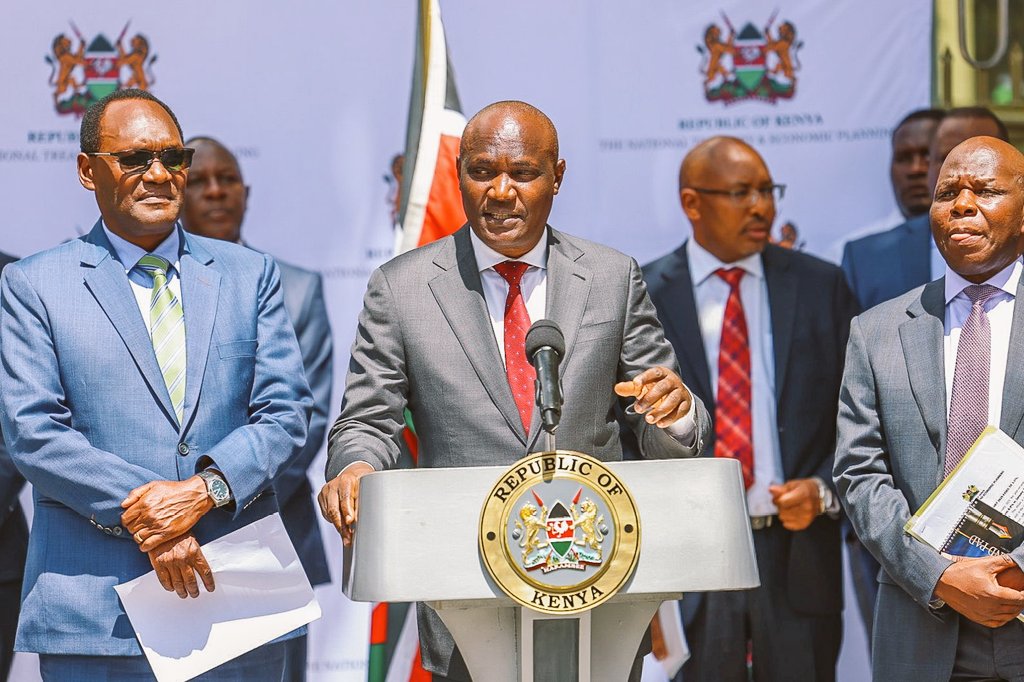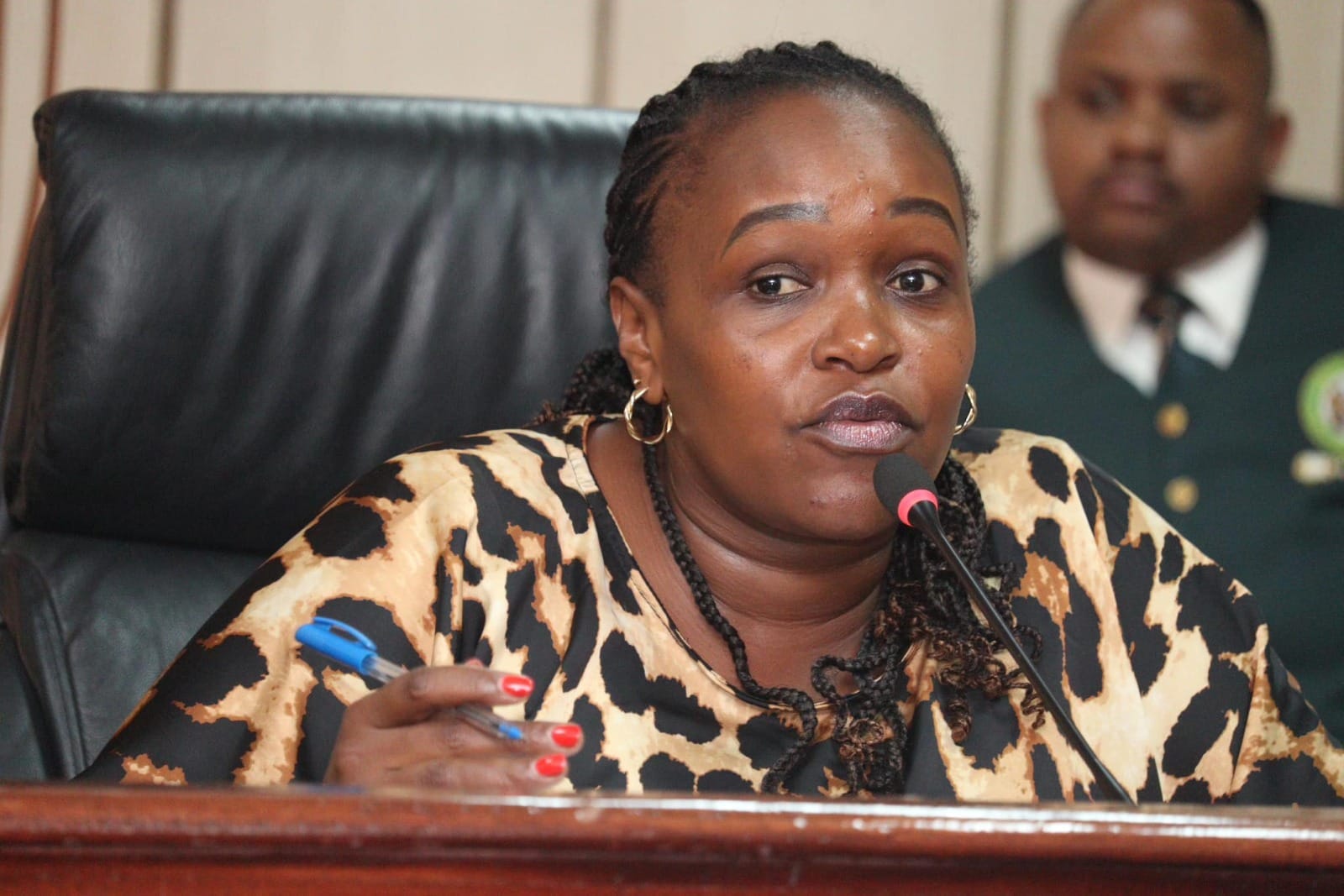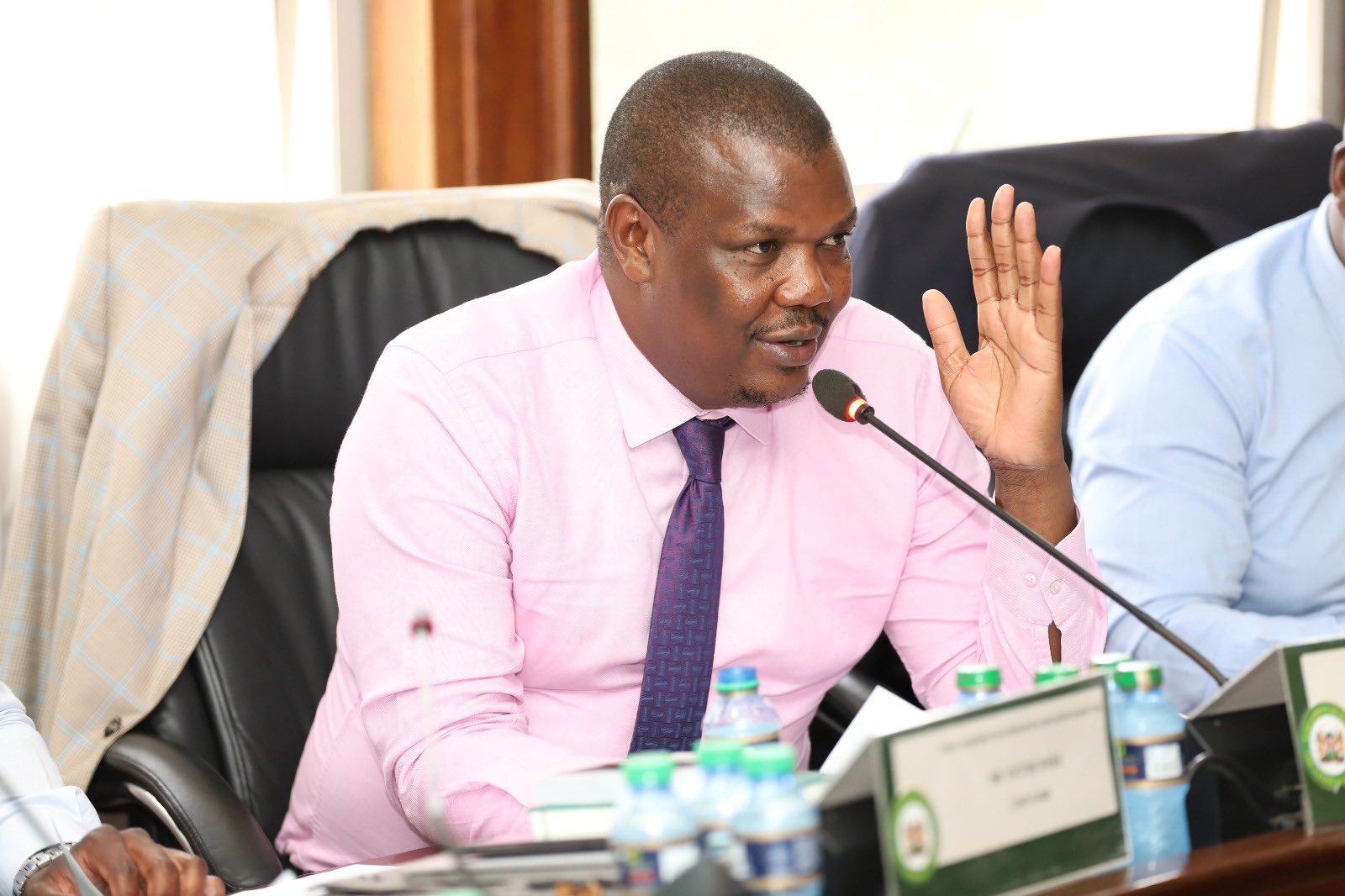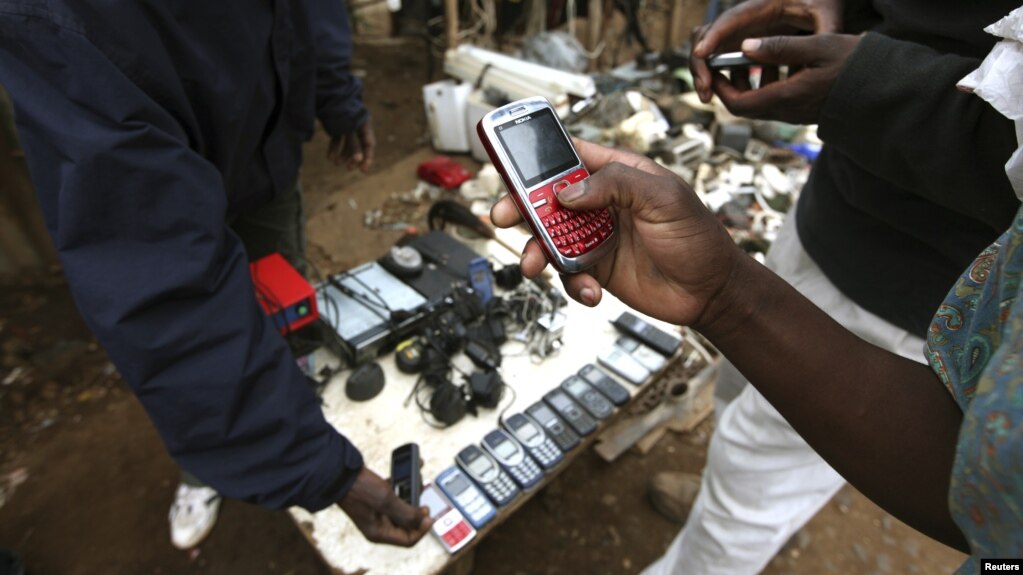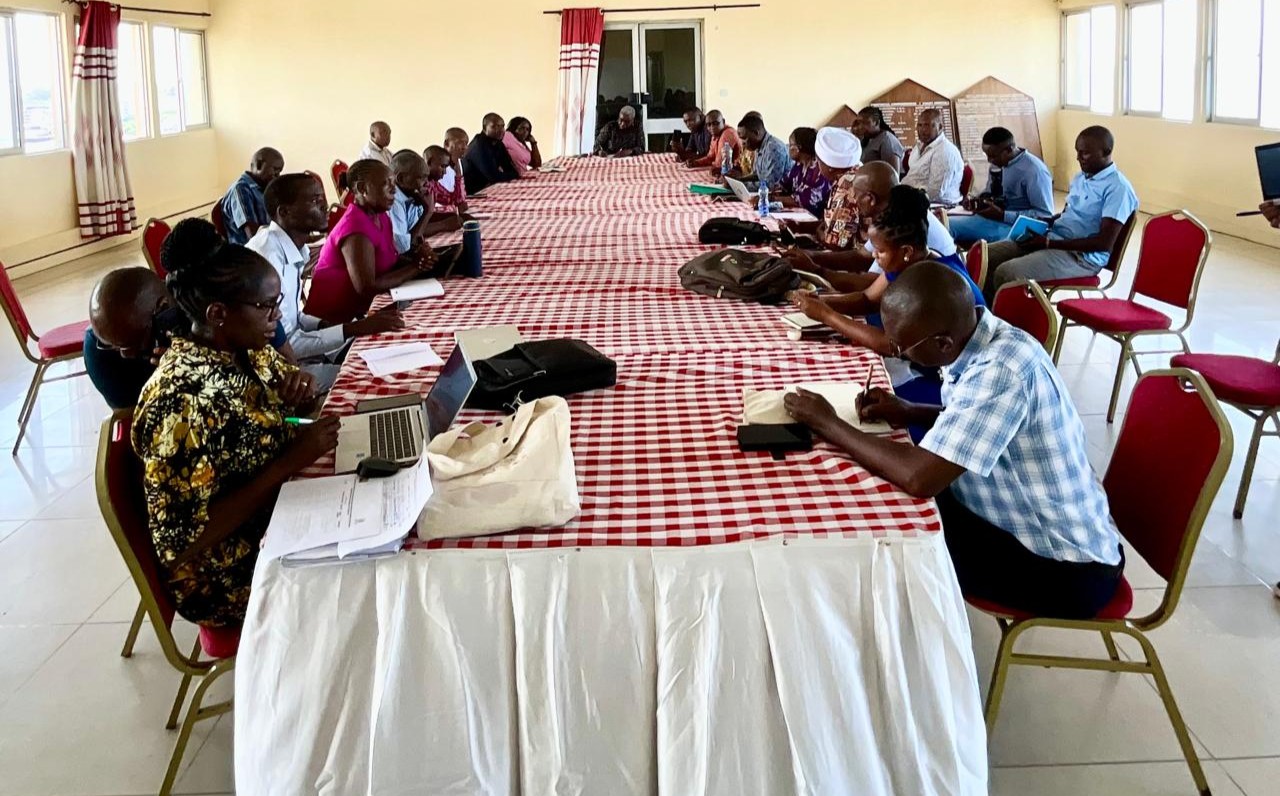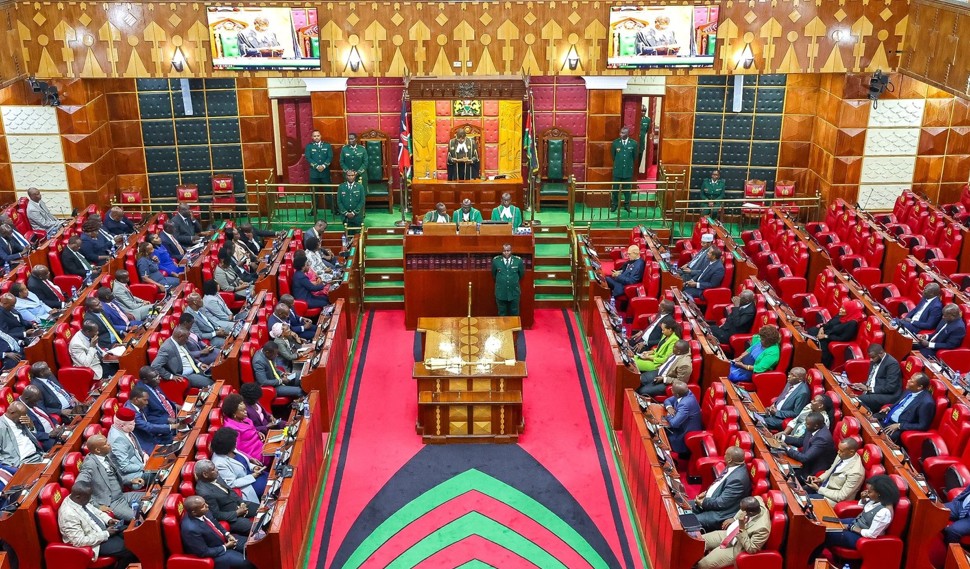MSF suspends humanitarian operations at Sudan’s Zamzam camp as conflict escalates
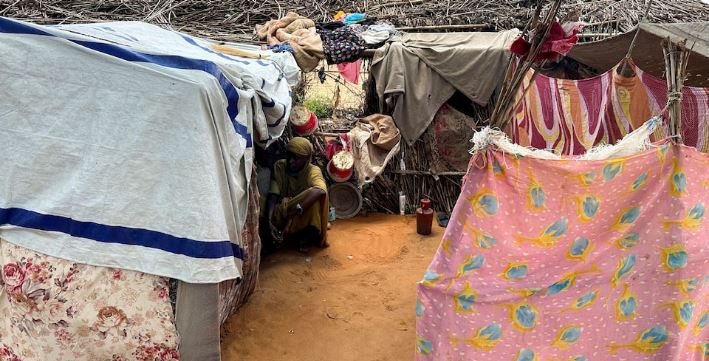
MSF teams said they have documented reports of homes being set on fire, looting, sexual violence, killings and beatings.
Humanitarian aid organisation Médecins Sans Frontières (MSF) has suspended its humanitarian operations at Sudan’s Zamzam camp due to escalating violence, leaving nearly 500,000 displaced people at greater risk.
The aid stoppage comes as the region faces worsening famine, acute water shortages and a severe lack of food, further deepening the humanitarian crisis.
More To Read
In a statement on Monday, MSF said the intensification of attacks and fighting around Zamzam camp, near El Fasher in North Darfur, had made it impossible to continue providing medical assistance safely.
“Despite widespread starvation and immense humanitarian needs, we have no choice but to take the decision to suspend all our activities in the camp, including the MSF field hospital,” the organisation said.
It noted that the ongoing conflict has led to a surge in casualties.
In the first three weeks of February alone, MSF said its field hospital in Zamzam received 139 wounded patients, mostly suffering from gunshot and shrapnel injuries. It added that the hospital, initially designed to address the severe malnutrition crisis at the camp, is not equipped to perform trauma surgeries for critically injured patients.
“Eleven patients died while in the MSF hospital, five of them children, because we could neither treat them properly nor refer them to Saudi Hospital, the only facility with surgical capacity in nearby El Fasher,” Yahya Kalilah, MSF’s head of mission in Sudan, said.
“In January and December, two of our ambulances carrying patients from the camp to El Fasher were shot at. Now it's even more dangerous, and as a result, many people, including patients requiring trauma surgery or emergency caesarean sections, are trapped in Zamzam.”
The situation in the region has been further exacerbated by fierce clashes between the Rapid Support Forces (RSF) and the Joint Forces, a coalition of armed groups allied with the Sudanese Armed Forces (SAF).
Camp targeted in attacks
The RSF has been besieging and shelling El Fasher for the past ten months, intensifying its offensive recently. Zamzam camp was targeted in attacks on February 11 and 12, further devastating a population already struggling to survive.
The central market, which provided food and essential supplies, has also been looted and burned down, worsening the humanitarian crisis.
“Halting our project in the midst of a worsening disaster in Zamzam is a heartbreaking decision,” Yahya said.
“For more than two years, our teams did their utmost to provide care against all odds, despite the siege, supply shortages, and multiple other challenges, calling and waiting for a scaled-up humanitarian response that never materialised. However, as the battle for El Fasher rages on and now directly reaches Zamzam camp, the most minimal security conditions are currently not met for us to stay.”
Yahya added that the proximity of the violence, logistical challenges in delivering supplies, the inability to send experienced staff, and uncertainty regarding safe evacuation routes for both MSF personnel and civilians left the organisation with no alternative but to suspend operations.
New refugee arrivals
Zamzam camp, which hosts about 500,000 displaced people, has also received new arrivals fleeing violence in Abu Zerega, Shagra, and Saluma. Many of them are now sheltering in schools, community buildings, or out in the open.
MSF teams said they have documented reports of homes being set on fire, looting, sexual violence, killings and beatings in villages and along the roads leading to El Fasher.
It noted that some families, fleeing on foot, have reached Tawila after enduring extreme hardship and violence.
“We are deeply concerned about the safety of our staff and the hundreds of thousands of people in Zamzam camp,” MSF said, urging the RSF, the Joint Forces, and all armed actors to protect civilians and allow those wishing to flee to do so unharmed.
Despite the deteriorating conditions, MSF noted that it continues to run emergency response operations in Tawila and is exploring alternative ways to assist people in Zamzam and El Fasher while minimising risks to its personnel.
Across West, Central, and South Darfur, as well as other parts of Sudan, it added that it remains engaged in tackling the growing malnutrition and health crisis exacerbated by relentless conflict, restricted humanitarian access, and an inadequate aid response.
MSF also reiterated its call for an urgent scale-up in humanitarian assistance wherever access remains possible.
The organisation has urged warring parties to allow unimpeded aid delivery and called on influential states to use their leverage to remove obstacles that are causing unnecessary deaths and starvation.
Top Stories Today


